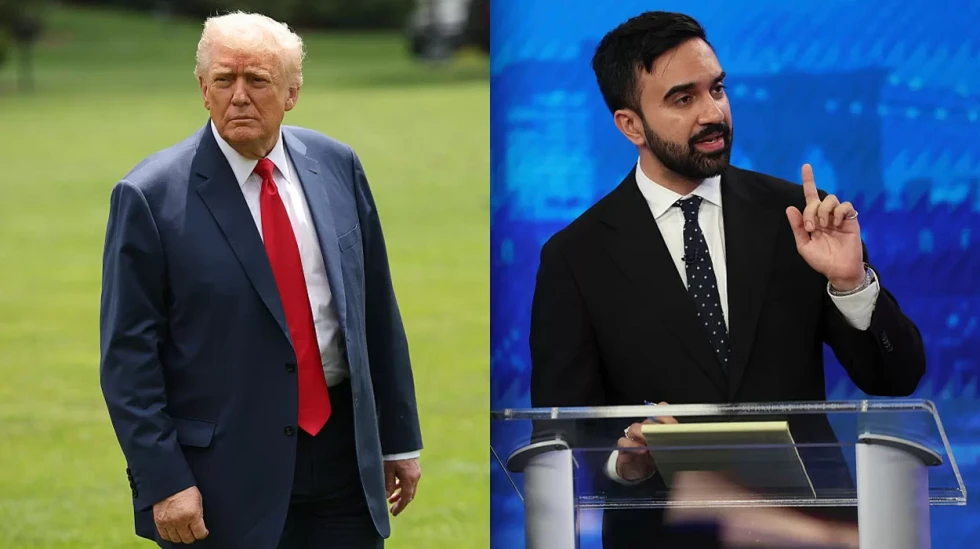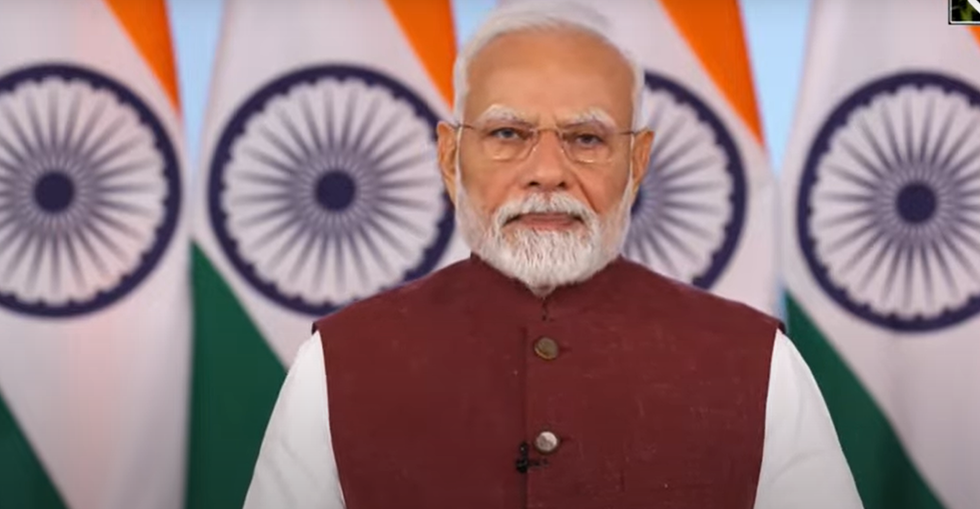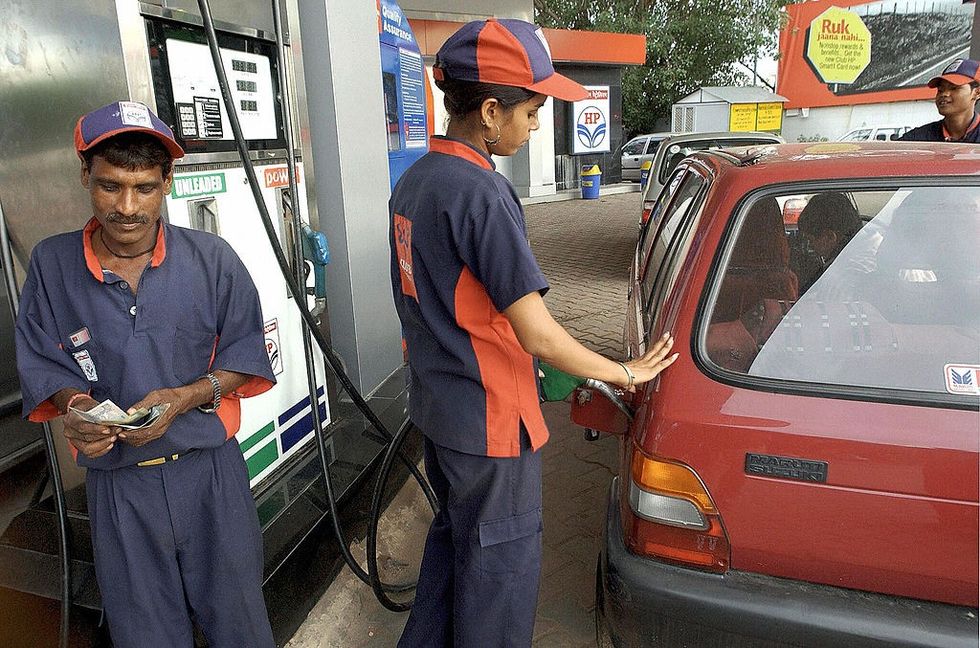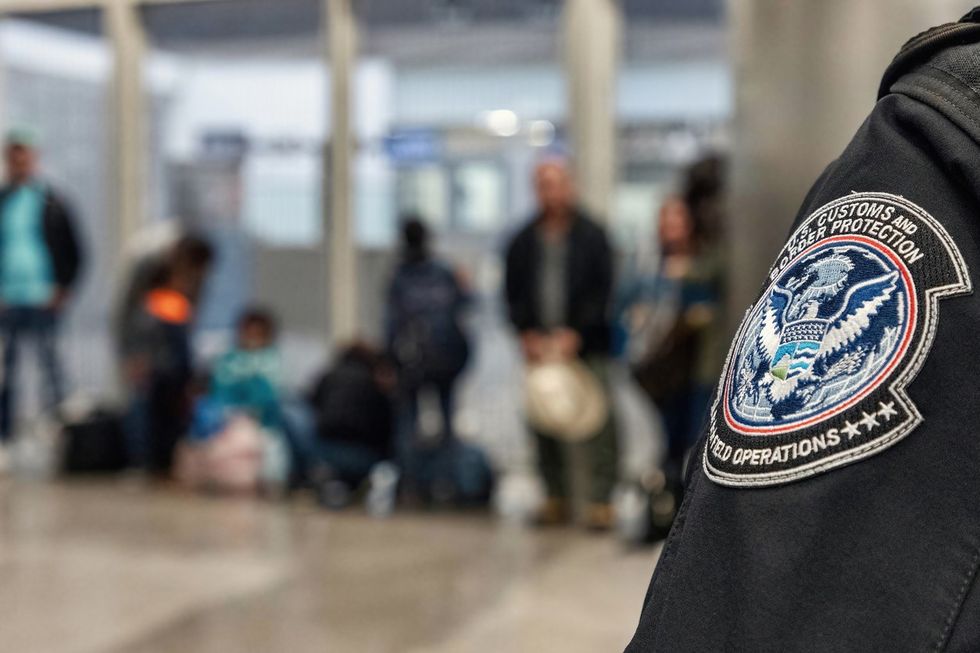MEMBERS of the minority Hindu community in Pakistan were ecstatic after the news of the implementation of the contentious Citizenship Amendment Act (CAA) was confirmed by the Indian government. They expressed happiness and a desire to migrate to India to escape persecution and forced conversions in the Muslim-majority nation.
Hindu leaders called the development "good news" and said they were waiting for the moment for a long time.
Shiva Kachhi, chairman and founder of Darwear Itehad, a minority organistion based in the southern Pakistani city of Karachi, told the Times of India that Hindus who are willing to shift base to India were overjoyed.
Read:India makes CAA law a reality: What’s CAA and who will be impacted?
Dr Jaipal Chhabaria, chairman of Pakistan's National Commission for Minorities, welcomed the Indian government's move and said while many minority community members go to the US, Canada and other countries to acquire citizenship, they would now be able to choose India as well, the report added.
Read:India makes CAA, a citizenship law, reality 4 years after clearing bill
Under the CAA, the Narendra Modi government can grant citizenship to non-Muslim migrants from the three Muslim-majority nations of Pakistan, Afghanistan and Bangladesh who came to India before December 31, 2014.
India's intelligence and immigration officials expect a huge influx of Pakistani migrants from the Attari border between the two nations in the northern Indian state of Punjab after the announcement. Sources said while the number of Hindu families reaching India on visitor visas has gone up in the past, they are likely to go up even more now. Most of the migrants go to border states such as Rajasthan and Gujarat to stay with their relatives and bring with them almost their entire belongings.















